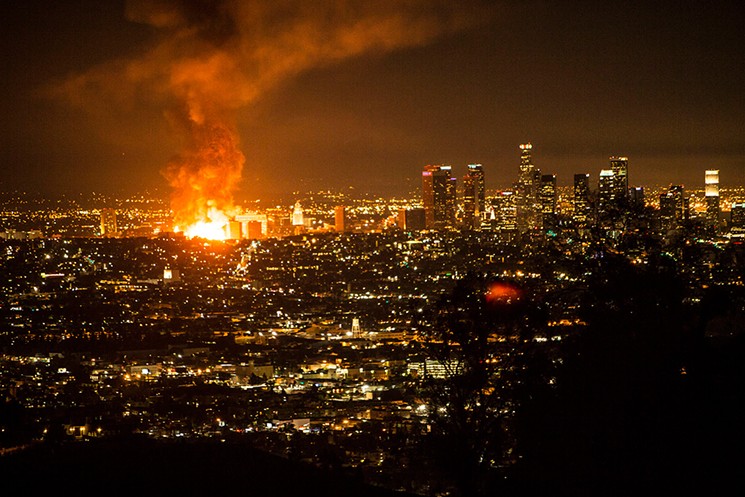
As leaders in our community, we are regularly confronted with critical issues, some that impact the entire world, and others that are right next door, such as the crisis of homelessness, abuse, poverty, and unfortunately, so much more. We look at what we can stand for, what we can actually engage with to make a difference, and even those issues that are simply and overwhelmingly out of our control. As faith leaders, our continues effort requires the gift of faith- nothing else would suffice against the magnitude of suffering.
With those issues that we can tackle and make a difference on- some are more illustrious than others, and some are as simple as the sticks and stones that we build our world with. Recently, Los Angeles City Council has been examining a push to change the standards of building and safety for new multi-story developments; places that mostly lower income residents will call home. I have been working to push the city in the right direction, alongside a diverse coalition of community leaders across Los Angeles, under the banner of the Build With Strength campaign. I recently testified before City Council, in cooperation with many other faith, community and labor leaders, urging our Councilmembers to move forward. One of the key leaders in this matter is Rabbi Jonathan Klein, the Executive Director of Clergy and Laity United for a Just Economy. I asked Rabbi Klein some key questions about his involvement, and how he relates to the issue as a Rabbi and as a man of faith.
Rabbi Klein emphasized that “Jewish law makes it clear that we must take safety and protection of life seriously. One must put a parapet around a roof, to prevent accidental deaths by someone falling off. One must teach their child how to swim, to prevent accidental drownings. One is obligated to redeem captives, who otherwise might be killed by their captors. And famously when there is enough water to save a life rather than let two die out of some sense of equity, Rabbi Akiba teaches that one is obligated to save the life. One must live and encourage the sanctity of life.
Thus, as Jews we must do what we can to protect life. There is no doubt that this extends to the environments in which we place ourselves. We must do what we can to protect ourselves from dangers, and utilization of combustible materials in construction is too dangerous to ignore when there are alternative materials.
Personally, my dog would likely be alive if my parents’ home wasn’t so combustible. I am just fortunate that my parents, who were asleep when the fire broke out, did not die as a result.”
Considering a recent study conducted by Urvashi Kaul, Consultant and Adjunct Assistant Professor at Columbia University, the facts are on our side. The study asserts that residential structures built with combustible materials pose economic and safety threats to local communities and predicts that for Los Angeles alone, an estimated $22.6 billion could be lost over the next 15 years due to such fires. That figures includes property damage and use of city resources, which has in the past included shutting down major freeways, engaging hundreds of fire fighters and first responders for a single fire, and relocating hundreds of residents with nowhere else to go.
But having the facts on our side is rarely enough, and clearly not enough in this critical, life or death matter. Making sure our leaders take the charge and move forward aggressively with these necessary changes is critical. Considering the recent and devestating crisis of fires in California, there is no time to hesitate, and everyone is at risk, especially the most vulnerable in our society. So far in Los Angeles, Councilmember Bob Blumenfield has taken the sole lead in moving stricter standards for building development forward, and we should look to other Councilmembers to join him in this undeniably necessary campaign.
Rabbi Klein’s very personal experience with a home fire is one example of an unfortunate many, and as he asserts, this issue goes beyond the personal and touches at the absolute core of our needs as residents in a city that we expect to offer us basic protections. According to Rabbi Klein, “Our culture says “Caveat Emptor,” let the buyer beware, but the reality is that low income families, especially in this housing crisis, are simply unable to choose homes based upon anything other than price, so safety considerations end up being deprioritized. As a society obligated to keep its residents safe, this extends to low-income housing. We need to ensure that future construction of housing units be modernized to take safety and health concerns seriously, as low and no income people do not get to choose.
What can do? We can address the safety concerns by passing ordinances that guarantee higher standards in construction. Just as the state passed the Field Act to protect children in schools, the city can and should pass an ordinance guaranteeing nonflammable, noncombustible materials used in construction, as a matter of Pikuach Nefesh, saving lives as the number one obligation of government to its constituents.”
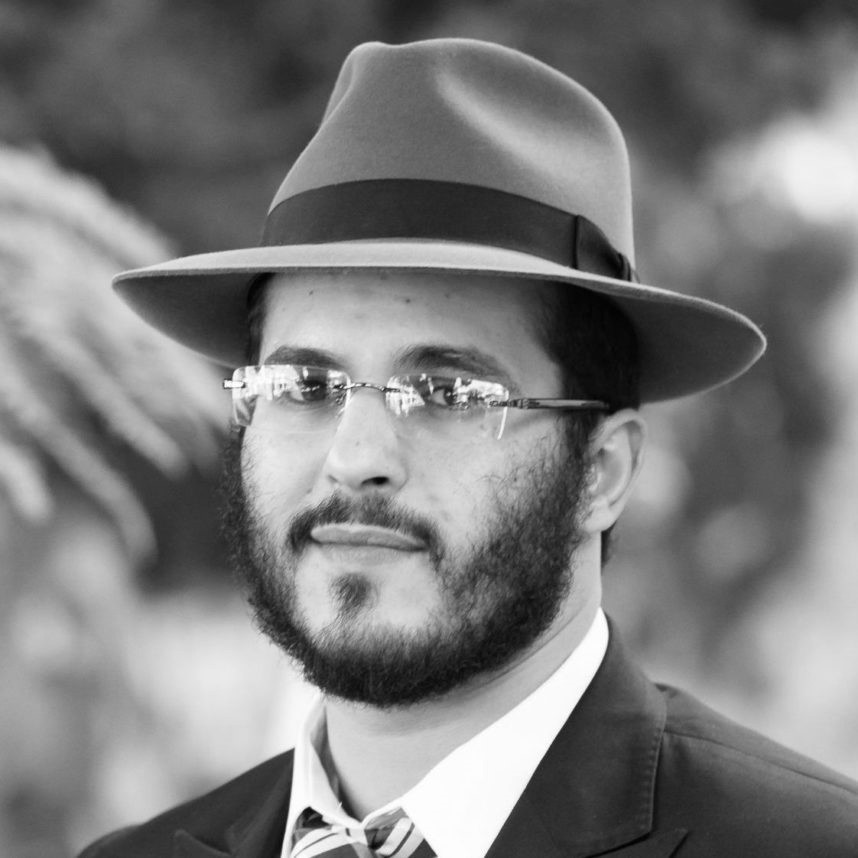






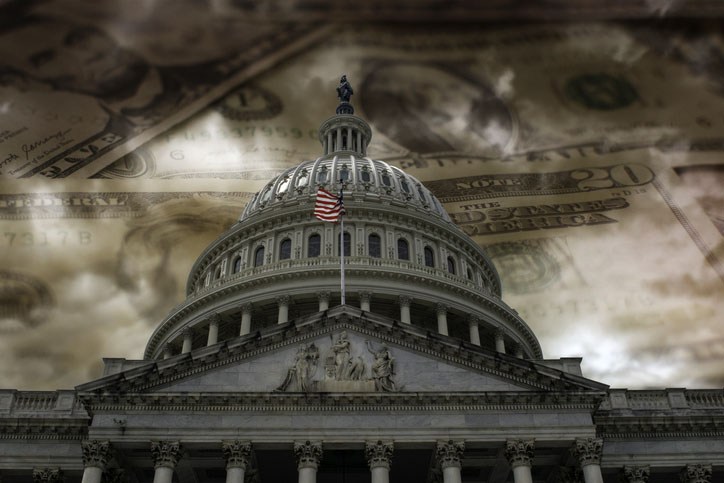
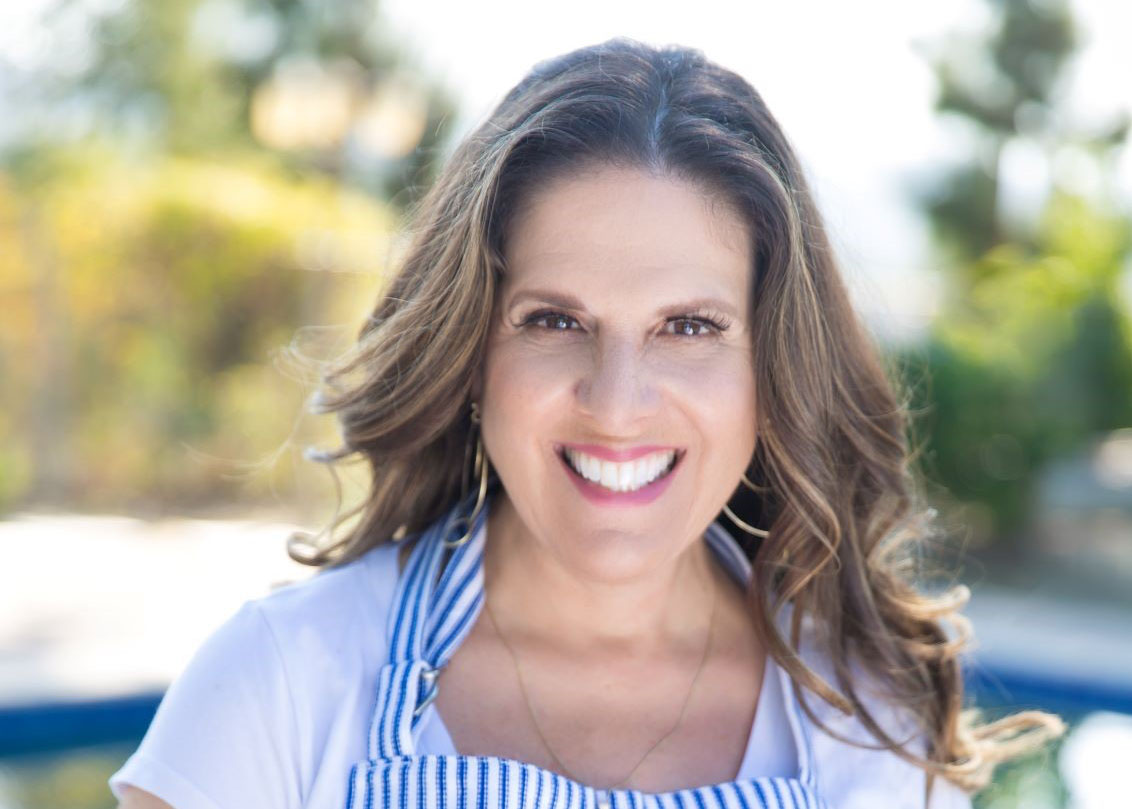


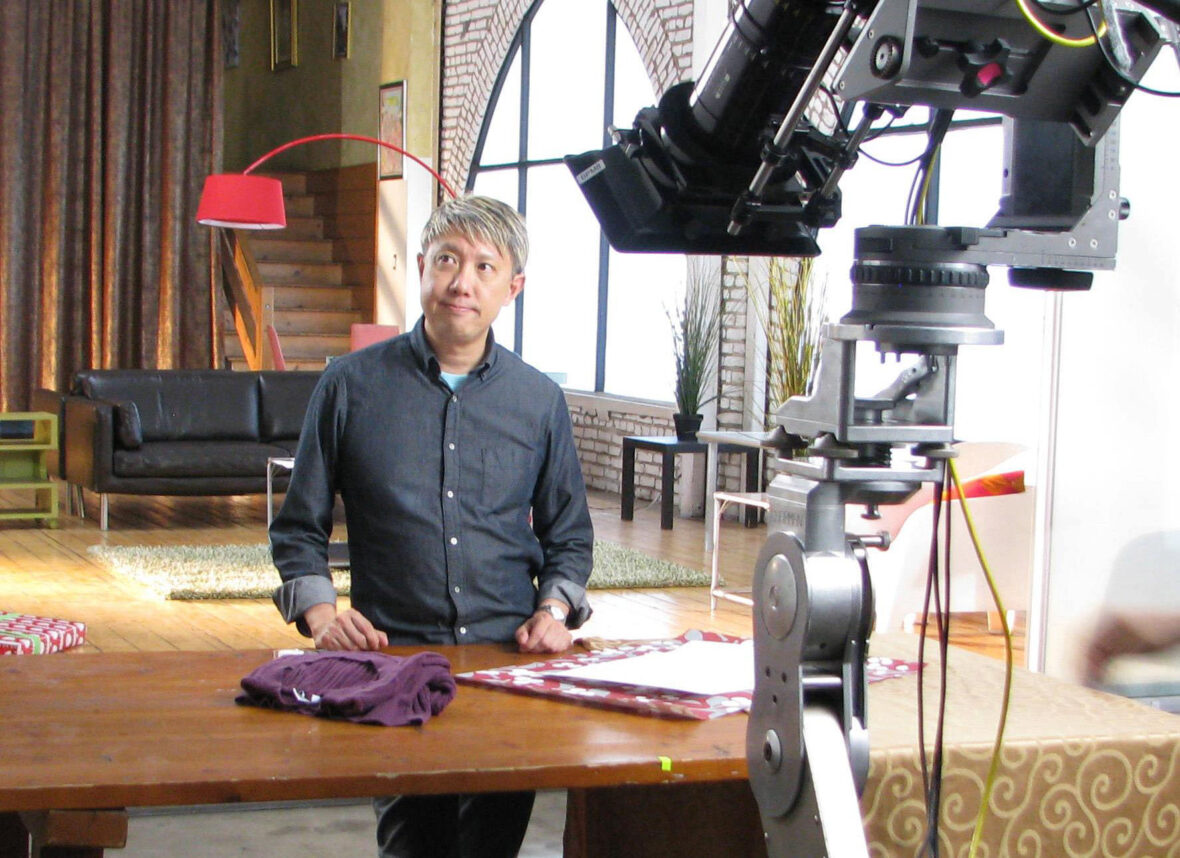
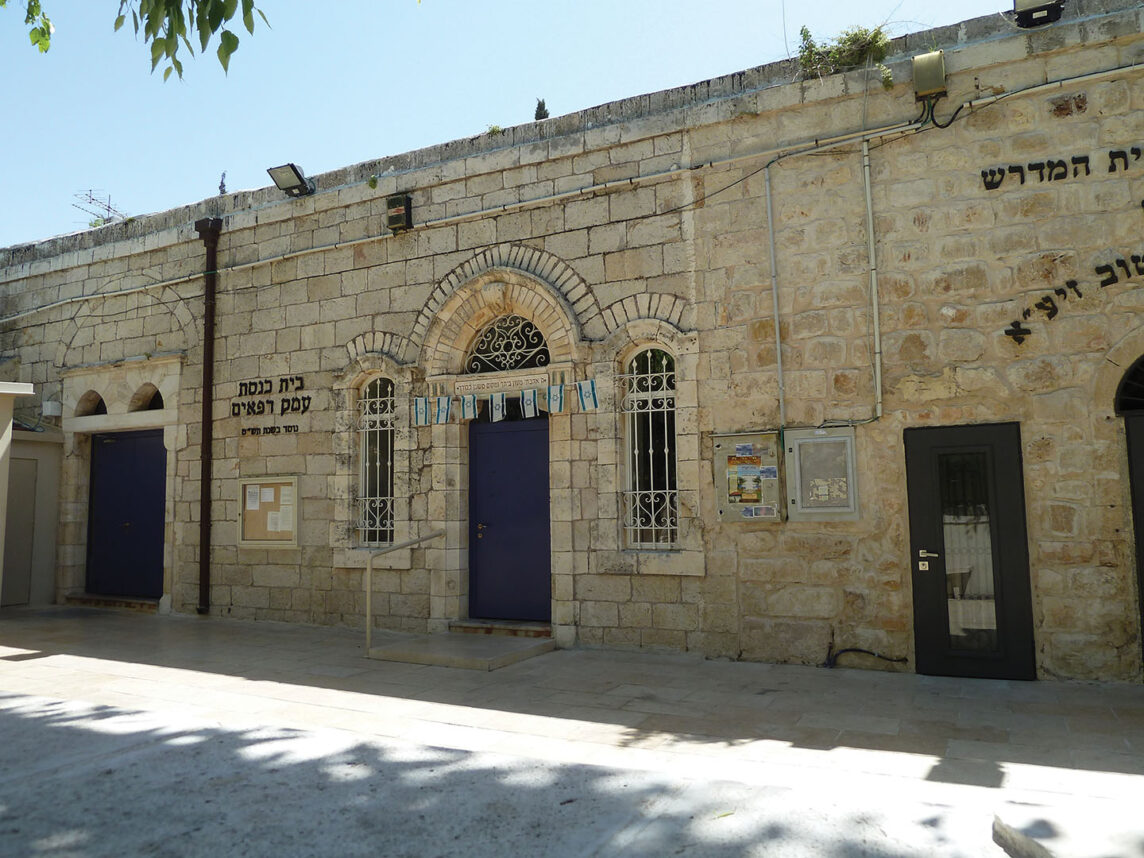
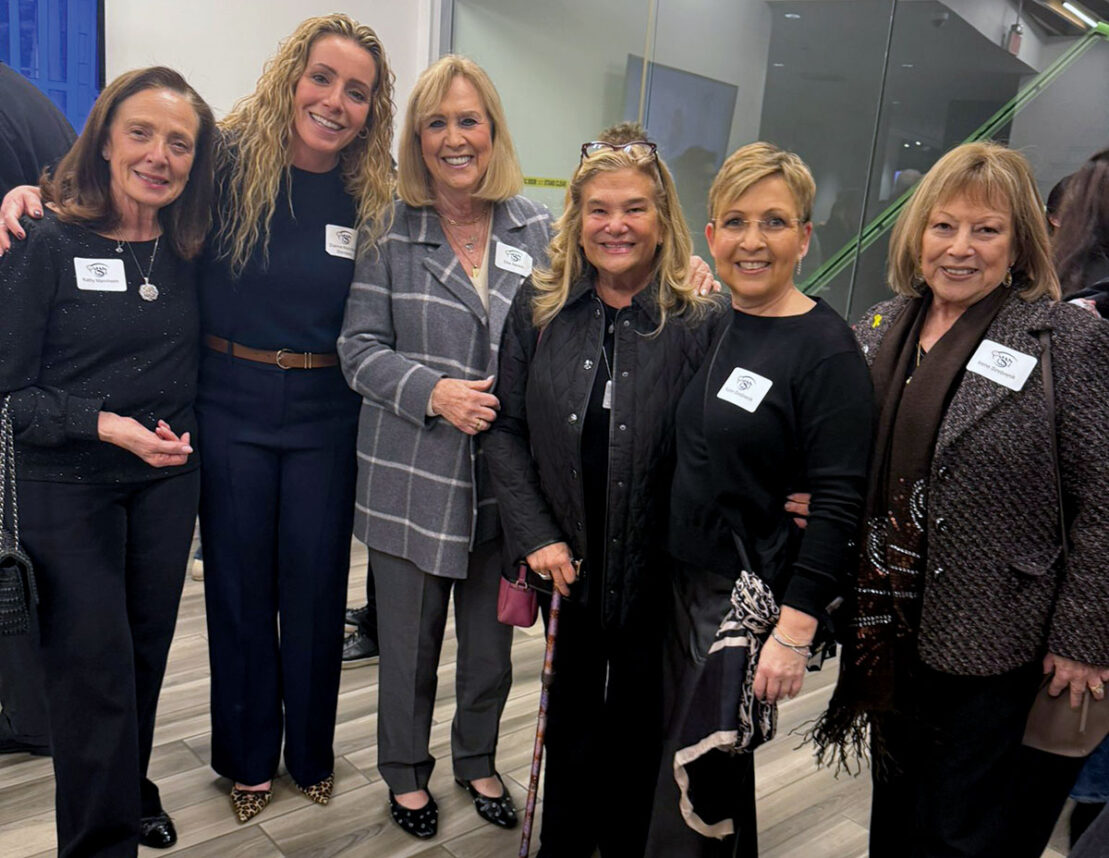

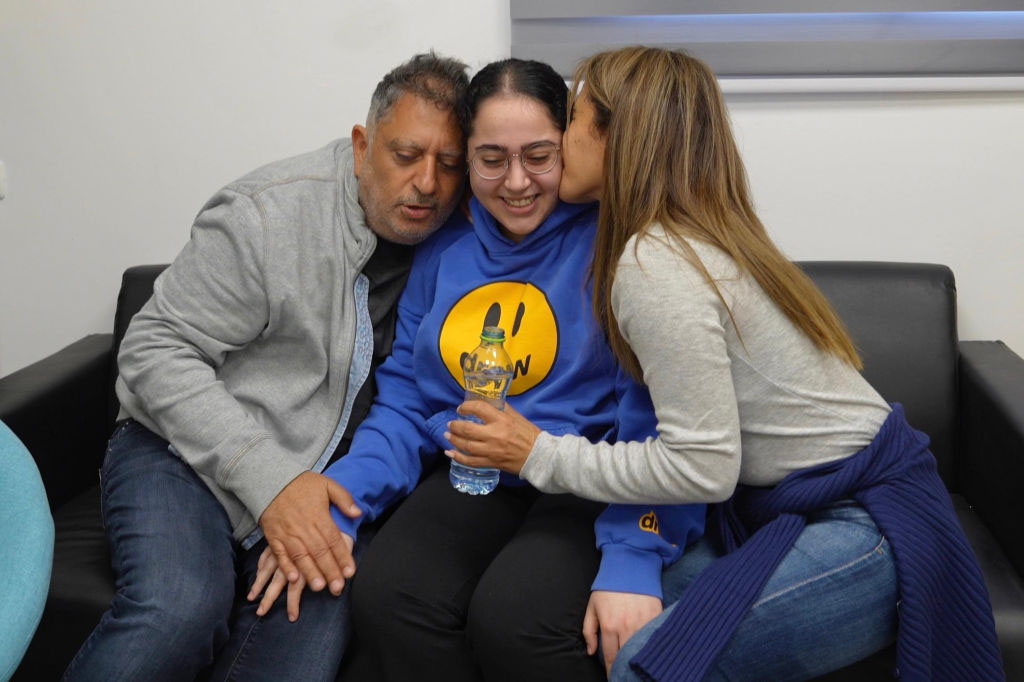






 More news and opinions than at a Shabbat dinner, right in your inbox.
More news and opinions than at a Shabbat dinner, right in your inbox.